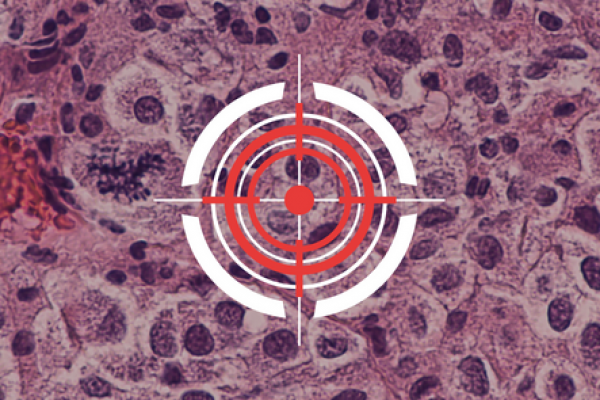Articles by Rachel Fischer, Ph.D., Associate Director, Scientific Program & Registry
How Genetics and Family History Contribute to Melanoma Risk
By Rachel Fischer, Ph.D., Associate Director, Scientific Program & Registry | 11 July 2023 In Science
If you have a family history of melanoma, you may be worried about how much genetics – traits passed down from biological parents to their children – contribute to your risk of developing melanoma, or other skin cancers.
The Role of Targeted Therapy in Treating Advanced Melanoma
By Rachel Fischer, Ph.D., Associate Director, Scientific Program & Registry | 20 March 2023 In Science, Treatment
Targeted therapies are an important part of the melanoma treatment arsenal, but where do they fit within the standard of care? Learn more about BRAF mutations, targeted therapy, and areas of future research.
UV Exposure & Risk of Cutaneous Melanoma in Skin of Color
By Rachel Fischer, Ph.D., Associate Director, Scientific Program & Registry | 14 April 2021 In News, Prevention, Science
In JAMA Dermatology, a team led by Adewole S. Adamson, MD, from The University of Texas at Austin, investigates whether there is an association, specifically in People of Color, between UV exposure and melanoma. MRA breaks down what this research means and how it should impact your sun safety practices.
Combination Therapy: Why Timing Might Be Everything
By Rachel Fischer, Ph.D., Associate Director, Scientific Program & Registry | 13 February 2020 In Science
About half of all melanomas have a mutated BRAF gene. This mutated gene makes an altered BRAF protein, which leads to the uncontrolled growth of melanoma cells. Drugs targeting these altered BRAF proteins, such as Vemurafenib and Dabrafenib have been approved for the treatment of BRAF+ melanoma.
About the Author
Rachel Fischer, Ph.D., Associate Director, Scientific Program & Registry
Rachel Fischer, PhD, serves as the Associate Director, Scientific Program & Registry at the Melanoma Research Alliance (MRA). She currently manages MRA’s research grants program, and is responsible for the development and management of RARE, a registry for patients with acral and mucosal melanoma. In addition, she creates and supports the development of written products, and coordinates MRA’s Annual Scientific Retreat. Rachel joined the MRA in 2019 with more than 7 years of experience in biomedical research.
Rachel received her B.S. in Neuroscience from the University of St. Thomas and earned her Ph.D. in Pharmacology from Vanderbilt University. During graduate school, Rachel focused her studies on glaucoma, a condition of the eye, and the physiology of the cells that form the optic nerve. While at Vanderbilt, she also served as the VP of Communications for the Pharmacology Graduate Student Association. Additionally, she worked with the Health Research Alliance as the Members’ Meeting Program Coordinator and served as a Tennessee Advocacy Intern for the American Heart Association. Prior to graduate school, Rachel worked as a Junior Scientist at the University of Minnesota, studying the neurobiology of drug addiction.




